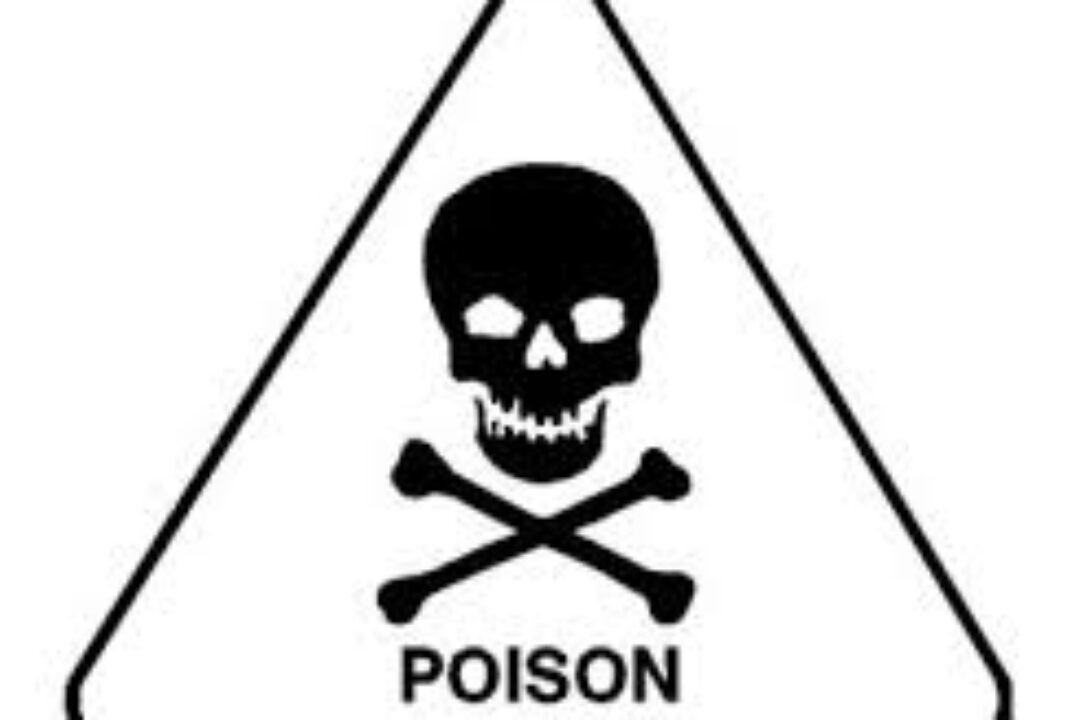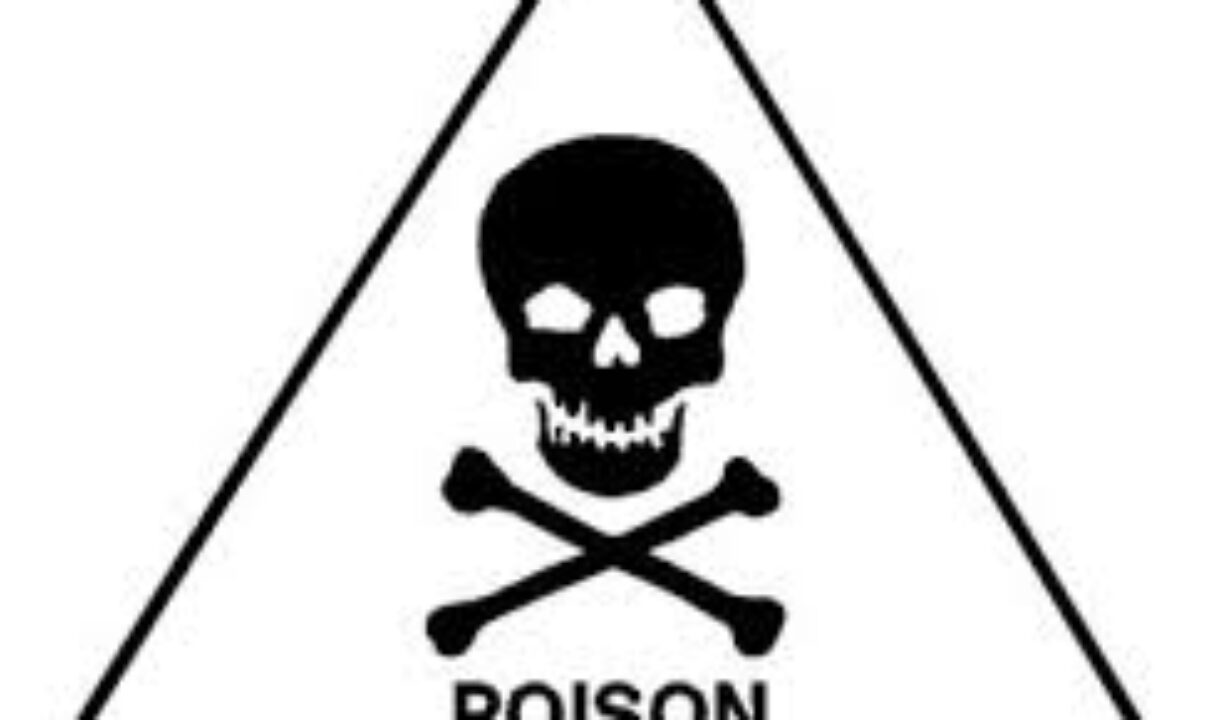Here’s a brief article on poison:
—Understanding Poison: Types, Symptoms, and Treatment
Poison refers to substances that can cause harm, illness, or death when ingested, inhaled, or absorbed by the body. Poisons come in various forms, including chemicals, plants, drugs, and even certain foods. Understanding the types of poisons, their symptoms, and proper treatment is crucial for prevention and management.
Types of Poison:


- Chemical Poisons: These include household chemicals such as bleach, pesticides, and industrial substances like lead and mercury.
-
Biological Poisons: Venom from animals such as snakes, spiders, and insects fall into this category. Certain bacteria and fungi also produce toxins that can be harmful.
-
Plant Poisons: Many plants contain toxins that can cause poisoning if ingested. Common examples include poison ivy, oleander, and deadly nightshade.
-
Drug Poisons: Overdosing on medications, illicit drugs, or misuse of prescription drugs can lead to poisoning. This category also includes substances like alcohol and nicotine.

Symptoms of Poisoning:
The symptoms of poisoning can vary depending on the type and amount of poison ingested, as well as the individual’s age, health status, and other factors. Common symptoms include:
- Nausea and vomiting
- Abdominal pain or cramping
- Difficulty breathing or swallowing
- Dizziness or fainting
- Confusion or altered mental status
- Irregular heartbeat
- Seizures
- Skin rash or irritation
Treatment of Poisoning:
Prompt treatment is essential in cases of poisoning to prevent serious complications or death. The appropriate treatment depends on the type of poison and the severity of symptoms. Here are some general guidelines:
- Seek Medical Help: If you suspect poisoning, call emergency services immediately. Provide as much information as possible about the suspected poison and the person affected.
-
Remove the Poison: If it’s safe to do so, remove the person from the source of poisoning to prevent further exposure.
-
Supportive Care: Provide supportive care as needed, such as administering CPR if the person stops breathing, or keeping them calm and comfortable until help arrives.

- Activated Charcoal: In some cases, activated charcoal may be given to absorb the poison and prevent its absorption into the bloodstream.
-
Antidotes: certain poisons have specific antidotes that can counteract their effects. These antidotes are typically administered in a hospital setting under medical supervision.
Prevention:
Preventing poisoning involves taking precautions to avoid exposure to harmful substances. This includes:
- Keeping household chemicals, medications, and other potentially toxic substances out of reach of children and pets.
- Properly storing and disposing of household chemicals and medications.
- Using protective gear when handling toxic substances.
- Learning to identify poisonous plants and avoiding contact with them.
By understanding the types of poisons, their symptoms, and proper treatment, individuals can take steps to prevent poisoning and respond effectively in case of an emergency.
–
This article provides a general overview of poison, its types, symptoms, treatment, and prevention measures. It’s important to consult medical professionals for specific advice and guidance in cases :Credit to the Author



















